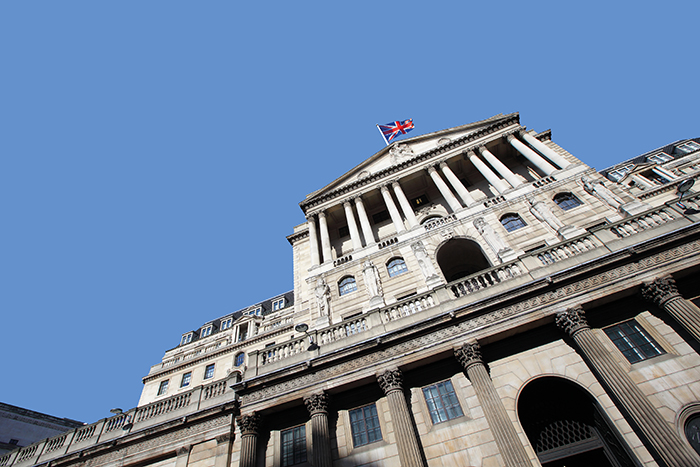
Today’s inflation reading and yesterday’s wage growth data have set already high expectations of further Bank of England base rate cuts this year at fever pitch.
UK inflation fell unexpectedly to 1.7% in the year to September, the lowest rate in three-and-a-half years, taking it comfortably below the central banks 2% target.
Crucially, services inflation fell to 4.9% from 5.6% in August.
This comes a day after pay, excluding bonuses, grew at 4.9% in the three months to August, down from 5.1% in the quarter to July, according to the Office for National Statistics.
The Bank’s rate-setting Monetary Policy Committee has long said it wanted to see wage growth and services inflation fall below 5% before it considers a sustained period of cutting the base rate from its level, also 5%
But wages and services prices have remained stubbornly above 5% this year, until now.
The two combined figures have jolted money markets.
Traders have priced in that the Bank of England will cut interest rates in November and have also increased bets on a second reduction by the end of the year after the sharp fall in inflation.
Money market betting implies there is a 76% chance of a second reduction in borrowing costs happening in December, up from a 48% chance on Tuesday.
This could mean two 0.25% rate cuts by the end of the year, taking to base rate down to 4.5% from 5%.
Deutsche Bank chief UK economist Sanjay Raja says: “Today’s inflation data should be music to the Monetary Policy Committee’s ears. Inflation momentum is slowing.
“Services prices – once deemed too sticky in the UK – are coming off faster than expected. The case for sequential rate cuts is rising.”
Quilter mortgage expert Karen Noye adds: “Mortgage rates have fallen from their recent peaks, and this morning’s inflation data will give prospective buyers and those looking to remortgage a glimmer of hope that the Bank of England will continue to cut interest rates at its next monetary policy meeting.
“Many lenders are now offering deals with rates sitting around the 4% mark, and we could see this gradually begin to lower if the Bank continues on its path of rate cuts.
“Lower mortgage rates would translate to more affordable financing options for prospective buyers, which should boost buyer confidence and help buoy the market further.”
However, other economists say the Bank of England’s position is not as rosy as it seems.
BNP Paribas argues that the fall in headline inflation has come mainly from “quick wins” related to global factors, including easing energy prices and the normalisation of supply chains, while services inflation remains sticky.
The French bank told clients in a note: “The larger-than-expected fall in UK inflation in September – to below 2% – increases the likelihood of a 0.25% rate cut from the Bank of England in November, in line with our base case.”
But it adds: “Progress on inflation therefore supports continued easing, but we don’t think it is sufficient to convince the Monetary Policy Committee to rush towards a more ‘activist’ path.”
Nomura is more explicit, saying the Bank of England may only be able to cut once before the end of the year.
The Japanese bank points out: “The weakness in services inflation was driven in large part by airfares, which are a component that the Bank of England often looks through.
“The Bank of England will take comfort in today’s numbers, but still cannot claim victory over services inflation.
“Challenges remain, suggesting it can only cut once per quarter.”
The Monetary Policy Committee meets twice more this year, on 7 November and 19 December. Each occasion will have traders, lenders, brokers and mortgage borrowers eying its noon release time nervously.



